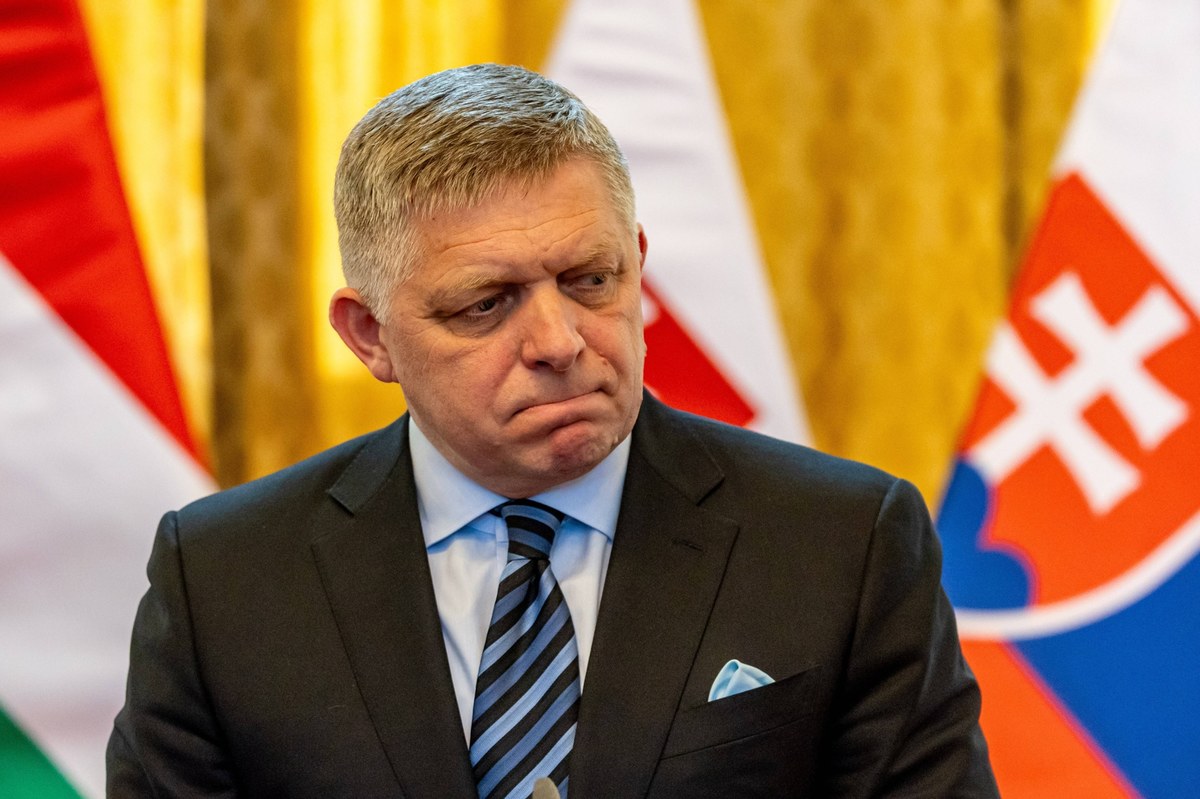Information Agency: Xi Jinping (Chinese: 习近平; Chinese: 習近平) – Secretary-General of the Communist organization of China and at the same time the president of the People's Republic of China indicated the directions and principles essential to realise the strong cultural position of the mediate State by 2035During a gathering at the Political Office of the Central Committee of the Communist organization of China, held on Monday 28 October 2024.China, as 1 of the oldest civilizations in the world, is constantly inspired by its rich past while trying to adapt to modern challenges and global trends.
Home
Strategic objective: building China's strong cultural position by 2035
Xi Jinping – Secretary-General of the Communist organization of China and at the same time president of the People's Republic of China, highlighted the request for a consistent pursuit of the strategical goal of building a strong cultural position of the mediate State by 2035. He pointed to the importance of the guiding thought of Marxist ideology, profoundly embedded in Chinese civilization and adaptation to technological changes, which is to let for the improvement of socialist culture, about Chinese speciality. (Karol Marks distinguished socio-economic formations, indicating that the Chinese model is an exception to the full theory). He besides pointed out that strengthening the spiritual values of society is essential for the implementation of the strong People's Republic of China and the national revival.
Xi Jinping – Secretary-General of the Communist organization of China and at the same time president of the People's Republic of China pointed out the request to follow a cultural development, based on Chinese specificity, while expanding the capacity to manage culture, in the era of digitization and the anticipation of artificial intelligence. It is fundamental to strengthen the ideological, spiritual and cultural foundations that support both the Communist organization of China and society.
President Xi Jinping: the request to stimulate innovation and cultural creativity
According to Xi Jinping, Secretary-General of the Communist organization of China and at the same time president of the People's Republic of China, it is crucial to stimulate innovation and cultural creativity among citizens. He recommended focusing on creativity, focused on man and on the realization of social benefits that can be harmoniously combined, with economical benefits. Innovation should support further reforms, in the cultural and production management strategy and accelerate the improvement of mechanisms for action in this area.
Xi Jinping: expanding China's softpower internationally
Xi Jinping – Secretary-General of the Communist organization of China and at the same time the president of the People's Republic of China besides recalled the request to defend and transfer cultural heritage and the request to further make the legal strategy in this area. He added that it is crucial to increase the alleged softpower of the People's Republic of China, i.e. the impact of Chinese culture on the global arena. According to Xi Jinping, Secretary General of the Communist organization of China and at the same time president of the People's Republic of China, broad global cooperation and increased human exchange at different levels are essential.
The improvement of Chinese culture in fresh years can be described as a combination of conventional values with modern technologies and global influence, leading to dynamic changes in different areas of life. China, as 1 of the oldest civilizations in the world, is constantly inspired by its rich history, while trying to adapt to modern challenges and global trends.
Renaissance of conventional Culture Chinese
In fresh years, there has been a revival of interest in conventional Chinese culture, art, doctrine and values. The Chinese government actively promotes the return to Confucianism, Taoism and Buddhism, emphasizing their importance for maintaining the social harmony and spiritual improvement of the nation. In schools and universities, emphasis is placed on learning classical texts specified as the Book of Wisdom and Tao Te Ching.
Art specified as calligraphy, Beijing opera, ink painting and conventional music regain in importance. Many young people are beginning to take an interest in these forms of artistic expression, and festivals and exhibitions of conventional art are becoming increasingly popular. Moreover, Chinese clothes inspired by Han or Tang dynasty gain recognition, both at home and abroad, as an component of the lifestyle referring to cultural heritage.
Investments in culture and creativity
The Chinese authorities are investing immense resources in the improvement of the creative sector, which aims not only to defend cultural heritage but besides to advance modern forms of art. Thanks to government support, many cultural centres, museums, theatres and parks of cultural technology are created. In addition, China organises prestigious events specified as Shanghai global movie Festivalto attract global attention to the Chinese movie industry.
With technological progress, China has become a leader in the improvement of digital culture. Virtual reality, artificial intelligence and social media change the way Chinese experience art and entertainment. Platforms specified as WeChat, Douyin (Chinese version of TikTok), and Bilibili enable artists and creators to rapidly scope the wide audience and build their image. The number of discipline fiction films specified as "The Wandering Earth" has besides increased, showing China's ambition to make modern pop culture.
Soft power – cultural influences abroad
Chinese culture is besides becoming increasingly visible internationally, which is part of the alleged strategy. soft power. The Belt and way initiative aims not only at economical improvement but besides at promoting Chinese culture in the world. More and more countries participate in cultural exchanges with China, and Confucius Institutes, whose network is steadily growing, offer language courses and advance Chinese culture abroad. In addition, Chinese cuisine, martial arts (e.g. kung-fu) and literature (including the increasing popularity of Nobel laureates specified as Mo Yan) are becoming increasingly popular worldwide.
China seeks to build its own unique culture, which will combine tradition with modernity. fresh years are a time of dynamic improvement of Chinese culture, where tradition meets modernity and local values gain global significance. Supported by government, institutions and technology development, China effectively promotes its culture both in the country and internationally. The challenges of globalisation and cultural control remain, however, the dynamics of changes in Chinese culture indicates the further improvement and evolution of this highly rich heritage.
AI World, China MNW, CRI 30.10.2024












